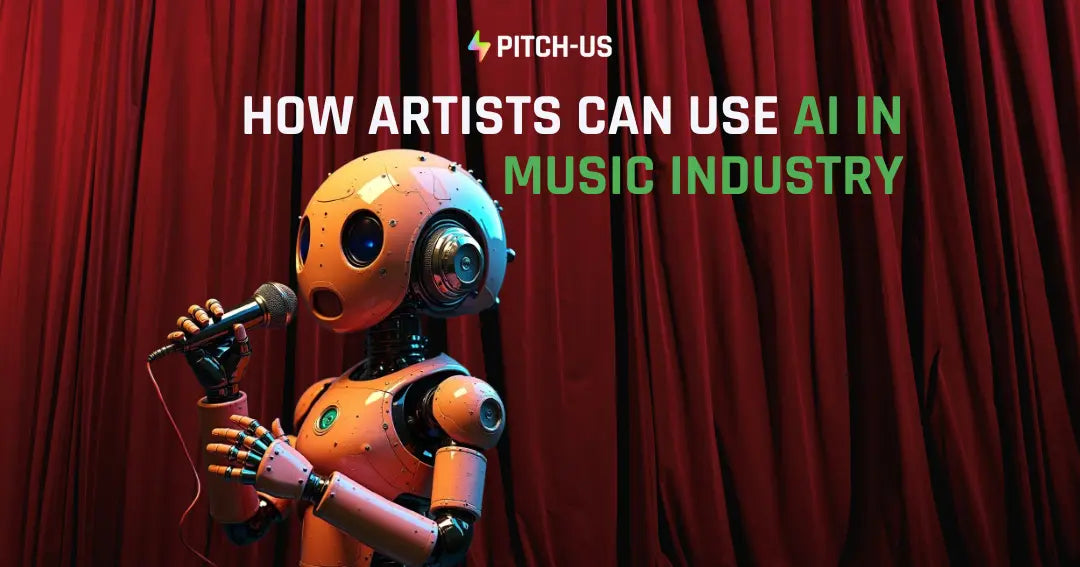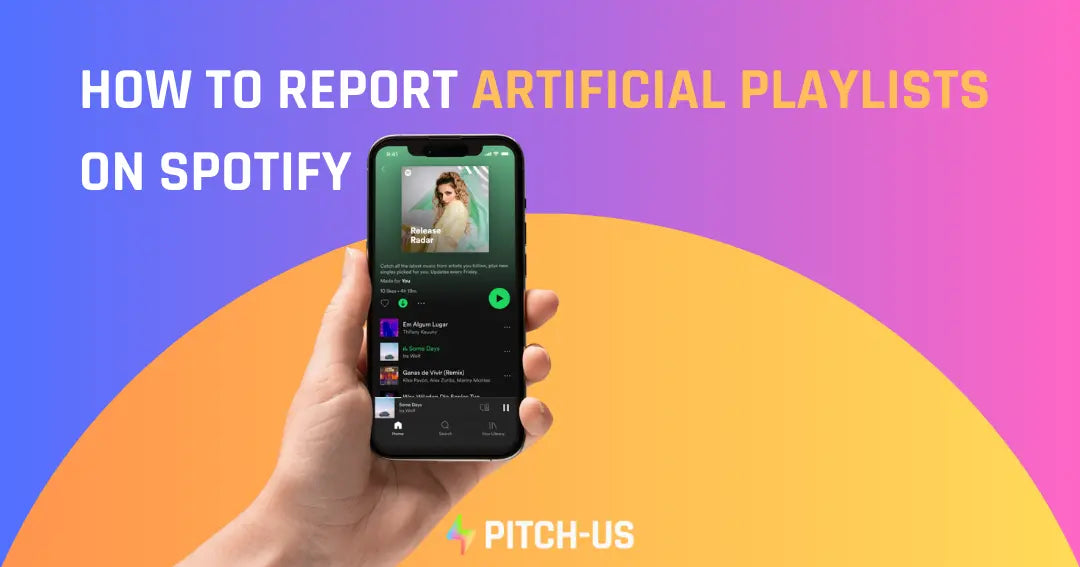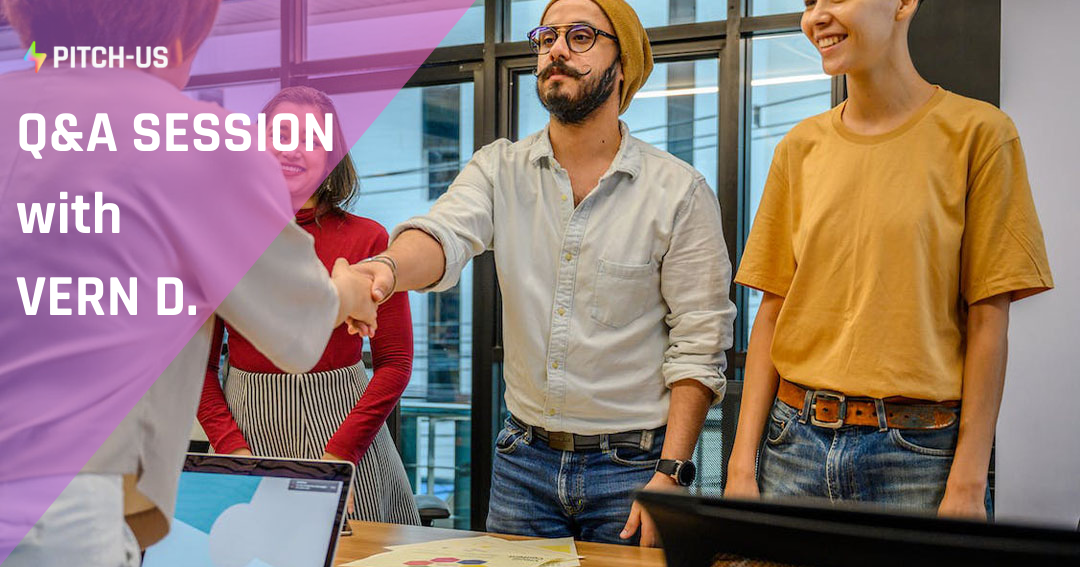Musicians can use AI for almost anything in their workflow - from creating music to promoting it - but the trick is knowing to what measure and how.
In this guide, we’ll not only explore the countless ways AI can help you in your music career but also dive into practical examples of AI tools already in use. We'll explain how to leverage AI for creativity, production, and promotion while also tackling important ethical and privacy considerations. You'll gain insights into best practices, real-world success stories, and how to integrate AI responsibly in your music business.
Let's start!
AI for Music Composition and Production
Imagine you’re struck with a melody in the middle of the night but don’t have the time or energy to build a full composition... This is where AI-powered composition tools come into play. Platforms like AIVA, Amper Music, and Boomy allow musicians to generate melodies, harmonies, and even full tracks with minimal input. These tools don’t replace human creativity, but they provide a foundation that artists can refine and build upon.
Take Taryn Southern, for example, who used Amper Music to co-compose an entire album. Meanwhile, Yacht, an experimental band, trained AI on their past works to create an album reflecting their signature style. Even posthumous releases, like David Bowie's remixes, have utilized AI.
Getting Started with AI Composition
If you're curious about composing with AI, start by signing up for a tool like AIVA or Boomy. Select your desired genre and let the AI generate a musical idea. From there, you can tweak and refine it in your favorite DAW (Digital Audio Workstation).
AI in Music Industry for Lyrics and Songwriting
Writer’s block is one of the most frustrating challenges for songwriters. But what if an AI could help? Tools like ChatGPT, Sudowrite, and Lyrical AI provide inspiration by generating lyrical ideas based on prompts. You might enter a phrase like, “Write a melancholic indie song about lost love,” and in seconds, you have a solid starting point.
However, AI-generated lyrics aren’t perfect. They often need a human touch to add depth and emotional resonance. For instance, Ghostwriter, an anonymous creator, made waves with an AI-generated track that mimicked Drake and The Weeknd. While the track went viral, it was ultimately taken down due to copyright issues, showing that AI can be a powerful tool but must be used ethically.
How to Use AI for Lyrics
Open ChatGPT or Lyrical AI.
Enter a thematic prompt.
Review and refine the AI-generated lyrics.
Merge AI suggestions with personal creativity.
AI for Mixing, Mastering & Sound Enhancement
Once you’ve finished recording, the next step is making your track sound polished and professional. AI-powered mastering tools like LANDR, iZotope Neutron, and RoEx AI analyze tracks and apply enhancements that would typically take hours of manual tweaking.
AI in music industry is embraced by many Grammy-winning producers who also have embraced AI mixing tools like iZotope Ozone, recognizing how they streamline the mastering process. Indie artists, too, have benefited from quick, high-quality mastering through platforms like LANDR. The key here is to use AI as an assistant rather than a replacement, ensuring the final mix still aligns with your artistic vision.
How to Use AI for Mixing & Mastering
Upload your track to LANDR.
Select your mastering style (warm, balanced, open, etc.).
Download the mastered track and compare it to the original.
AI for Marketing & Promotion
Once your music is ready, the challenge is getting it heard. AI is revolutionizing music marketing through platforms like Chartmetric and Hypeddit. These tools analyze streaming trends and listener behaviors, allowing artists to optimize their release strategies.
For instance, Drake’s team used AI analytics to determine the best timing and promotional strategies for a release. Meanwhile, playlist pitching services, such as Pitch-Us, help independent artists get featured on influential playlists, boosting their streams and reach.
Using AI for Music Promotion
Create your music with AI-powered music platforms.
Upload your track to Pitch-Us for playlist pitching and Instagram/TikTok promo.
Analyze data on Chartmetric to determine the best time to release music.
Ethical Concerns & AI Gone Wrong
With great power comes great responsibility. While AI can be a game-changer, it’s not without its challenges. The AI-generated Drake song by Ghostwriter went viral but was swiftly removed due to copyright infringement. Similarly, Grimes' AI voice synthesis tool, intended to empower artists, has been misused for deepfake-style content.
Best Practices for Ethical AI Use
Always credit AI-generated work.
Use AI as a tool, not a replacement for creativity.
Be transparent with your audience about AI involvement.
Final Thoughts
AI is reshaping the music industry in incredible ways, from helping musicians compose and produce music to optimizing marketing strategies. But it’s crucial to use these tools wisely. The best approach is to treat AI as an assistant that enhances your creative process rather than replaces it.
What’s Next?
Try out one of the AI tools mentioned in this guide.
Share your AI-generated work with your audience.
Stay informed on how AI continues to shape the future of music.
Want more AI tips for musicians? Follow our blog for updates!










Leave a comment
This site is protected by hCaptcha and the hCaptcha Privacy Policy and Terms of Service apply.